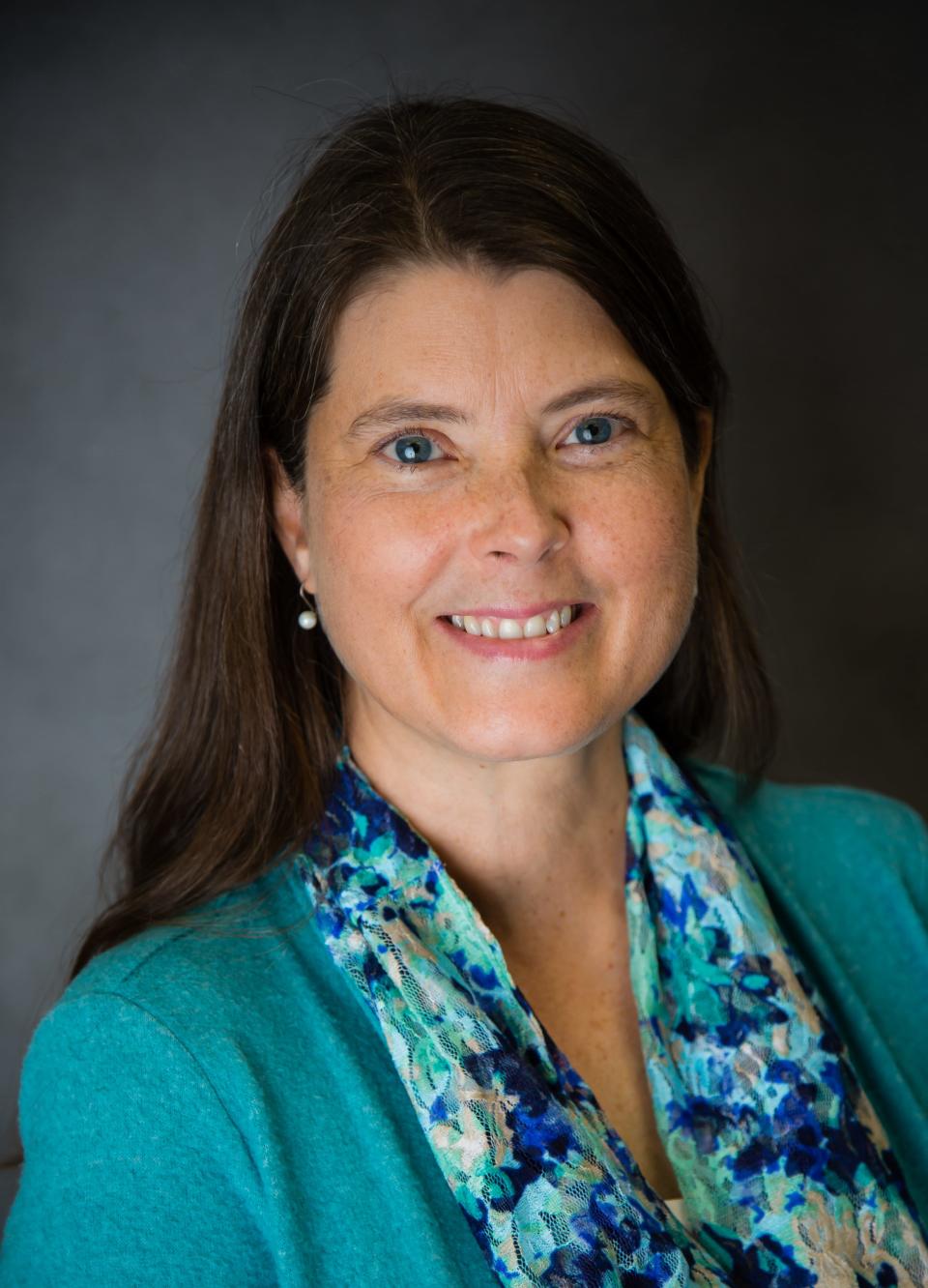The importance of shifting from autism awareness to acceptance in diversifying a workforce
When I was a young special education teacher one of my high school students was brutally murdered. His name was Justin; I taught him all four years of his high school career. He loved to make people laugh. In the spring, he would pick azalea blossoms on his way to school and line them up on my desk. He jokingly insisted the Pledge of Allegiance ended with “…and Justin for all.”
One night he went looking for acceptance and ended up buried in a shallow grave.

Recently there has been a shift from calling April Autism Awareness Month to calling it Autism Acceptance Month. Slogans in the autistic community— “red instead” of “light it up blue” and “people, not puzzles”—highlight the way awareness has evolved around the issues the slogans represent. But my personal reasons for shifting to acceptance over simply awareness have more to do with people like Justin.
I’ve been a proud special educator for 32 years and am currently working with adults at NextStep at Endeavor Academy. Located in Marianna, we also serve many adults in Tallahassee. In this role, I have seen communities show true acceptance for individuals with autism and other neurodiversities. NextStep’s two-year Transition Academy is “college for adulting”—providing 34 courses in areas like finances and employment. In addition, participants in the program are guaranteed an employment experience and rich social opportunities.
In NextStep’s inaugural cohort 100% are competitively employed. With information, support, and time, business leaders in Jackson County and across the Big Bend region are seeing the positive impact a neurodivergent workforce can have.
Actively supporting inclusion in the workforce is rare. It has been a slow change coming across the United States—as recently as 2019 studies showed only 28% of individuals with cognitive disabilities were employed.
Most research from the past 50 years shows it is job-related social skills rather than task-related deficits that pose the biggest barrier to maintaining employment for those with disabilities. This is especially true for autistic adults as social deficits are a hallmark of the autism spectrum.
This is where acceptance becomes so much more crucial than merely awareness. Awareness that there are autistic people looking for jobs and willingness to give them the opportunity to work is a good thing. But acceptance of the autistic person is truly beautiful. Acceptance is incorporating needed supports so that they can do job tasks themselves, not doing those tasks for them.
Acceptance is giving them time to tell you what they need to say, not speaking for them. Acceptance is including them in staff parties, not assuming they wouldn’t want to attend. Acceptance is understanding stimming, not being afraid of those behaviors. Acceptance is providing natural supports in the workplace, not avoiding those who are different. Acceptance is inclusion.
Research also says that when businesses seek out a diverse workforce, employees rate their place of employment higher in terms of workplace culture. People think their job sites are better places to work when inclusion is seen and practiced; job satisfaction like this leads to increased retention of valuable employees.
Supporting autistic adults through the crucial beginning stages of their employment gives a remarkable return on investment: contented, loyal, dedicated employees. Given the right supports, autistic people earn the respect of their employers as they gain confidence through the pursuit of what we all want—meaningful employment and community connections.
So, this April, let’s move to acceptance as well as awareness. Let’s show our support for people who are different, for people who need accommodations, for people who deserve acceptance—like my NextStep students. And Justin. For all.

Tammy Dasher has been a special educator for 32 years. Currently she is director of NextStep at Endeavor Academy. She can be reached at [email protected].
JOIN THE CONVERSATION
Send letters to the editor (up to 200 words) or Your Turn columns (about 500 words) to [email protected]. Please include your address for verification purposes only, and if you send a Your Turn, also include a photo and 1-2 line bio of yourself. You can also submit anonymous Zing!s at Tallahassee.com/Zing. Submissions are published on a space-available basis. All submissions may be edited for content, clarity and length, and may also be published by any part of the USA TODAY NETWORK.
This article originally appeared on Tallahassee Democrat: The importance of autism awareness to acceptance
